The Impact Of Hurricanes On The Fishing Industry

The Impact of Hurricanes on the Fishing Industry
Introduction
Hurricanes are devastating natural disasters that wreak havoc on coastal communities and industries. One industry that is particularly impacted by hurricanes is the fishing industry. With coastal waters stirred up, fishing boats are often unable to go out to sea, causing a significant impact on the industry's livelihood. In this article, we'll explore in-depth the impact of hurricanes on the fishing industry.
The Economic Impact on Fishers
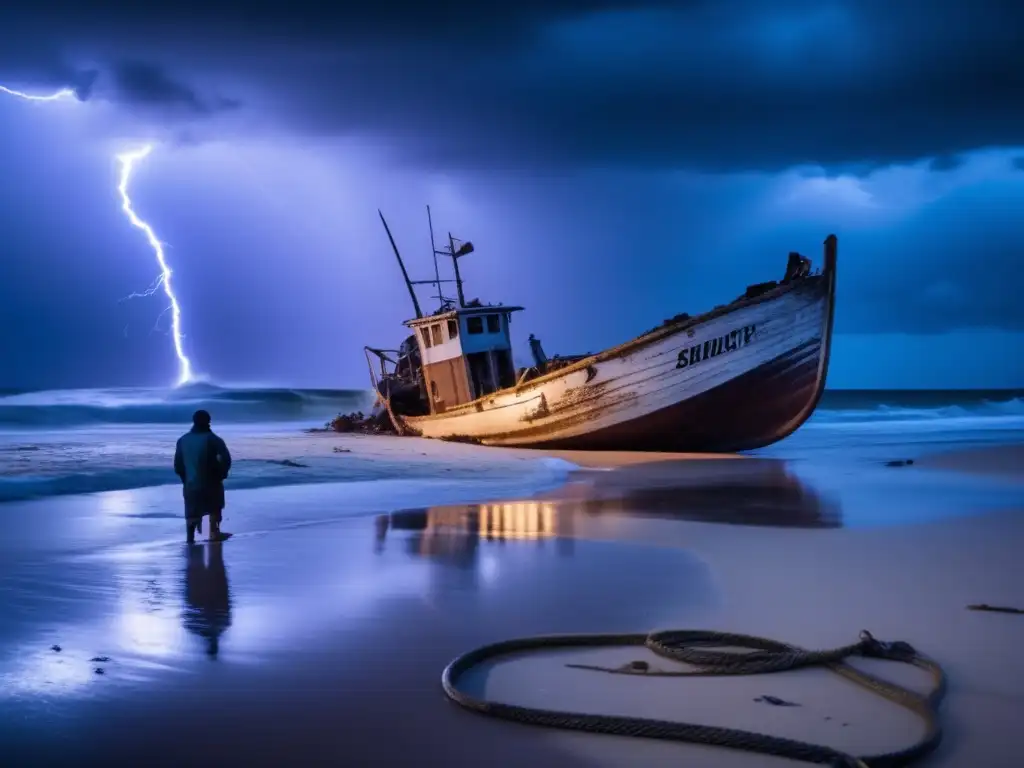
Loss of Income
Due to the dangerous conditions of the hurricane, fishers are usually unable to go out to sea and fish during the storm and may face delays after the storm has passed. Consequently, this results in a significant loss of income for fishers who rely on daily catches to make their living. The longer the delay in fishing, the greater the financial impact on them. This loss of income can have long-term effects on a fisher's life and their family's well-being.
Destruction of Fishing Equipment
High winds and seas due to the hurricane can also cause damage to fishing equipment such as boats, nets, traps, and other gear used for fishing. This damage can range from mild destruction to complete loss, which may take months or possibly years to replace. Coverage for these damages is often limited under insurance policies, resulting in significant costs to the fisher.
Displacement of Fishing Communities
In severe hurricane conditions, entire fishing communities may be displaced due to the destruction of houses and infrastructure. When fishermen return to the area, they may find that their families' homes have been destroyed, and their boats and equipment lost. The displacement of communities also impacts local businesses that provide services to the fishing industry, such as ice, fuel, and food supplies. This disruption can take months or even years to clean up and rebuild, further impacting the livelihood of fishers.
Impact on Marine Life
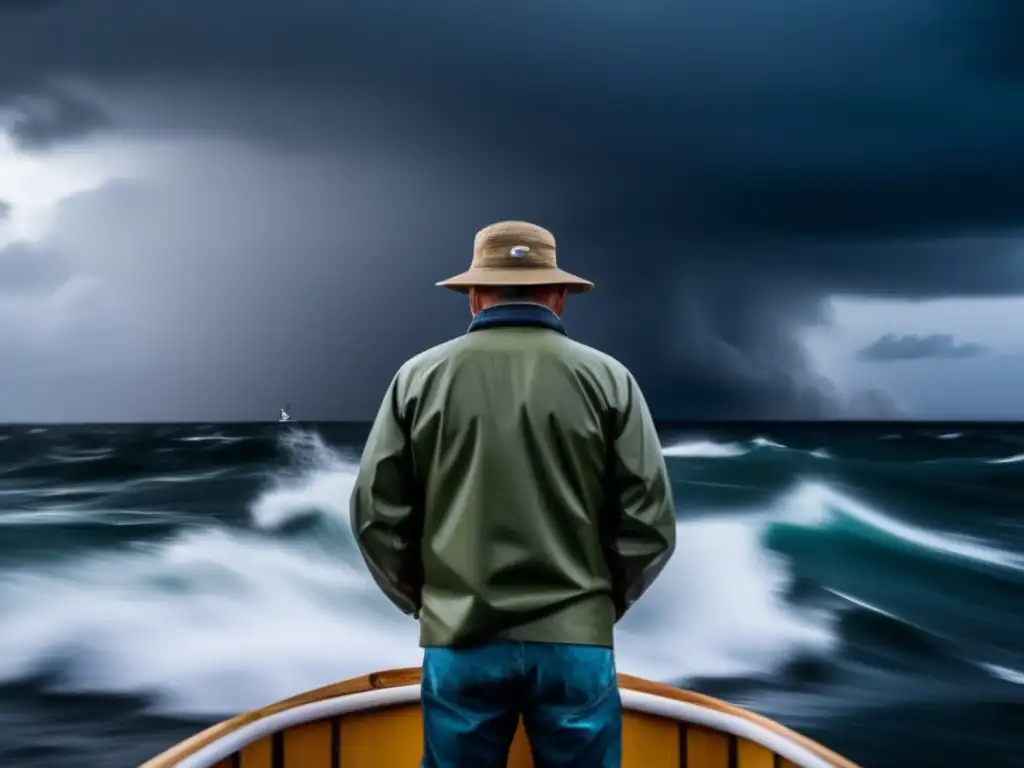
Disruption to Fish Migration
During hurricane season, fish migrate to specific areas for spawning or feeding. However, due to the stirring up of coastal waters, fish migration patterns may be disrupted, affecting their behavior and distribution. This can result in a decline in overall fish population in some areas and an increase in others, which could impact the fishing industry's sustainability.
Destruction of Aquatic Ecosystems
Severe hurricanes can destroy entire aquatic ecosystems, including coral reefs, sea grass beds, and mangrove forests. These ecosystems serve as habitats for various marine species and contribute to the overall health and balance of the oceanic environment. Without these natural barriers, fishers may face difficulty finding sustainable fishing grounds, and fish populations may suffer from the loss of their habitats. In the long term, this can have a significant impact on the fishing industry's sustainability.
Increase in Marine Debris
Hurricanes generate large amounts of debris that end up in the ocean, including plastics, wood, metal, and other materials. This debris can entangle marine life, choke marine animals, and pollute the ocean, damaging ecosystems. This pollution also makes it difficult for fishermen to carry out their business and results in a significant reduction in their daily catch.
Recovery Efforts for the Fishing Industry
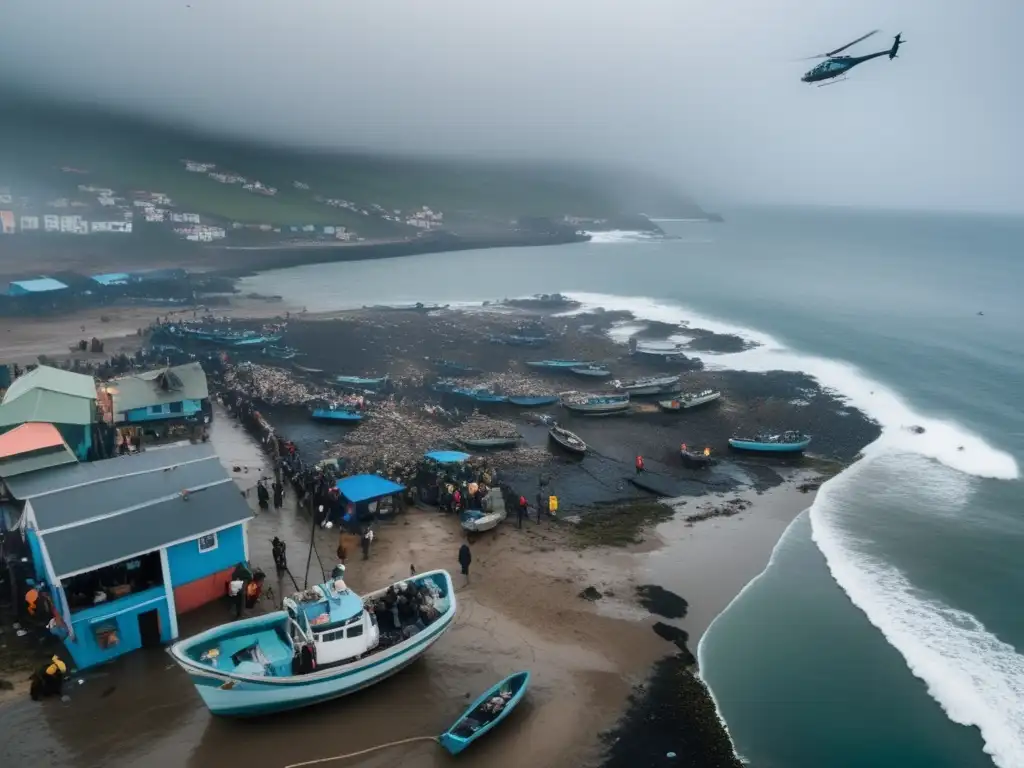
Federal Assistance to Fishers
After severe hurricanes, affected fishers may be eligible to receive federal assistance to help cover their losses. Assistance programs may include disaster unemployment, low-interest loans, and grants. These funds aim to provide temporary financial relief, allowing fishers to rebuild damaged equipment and resume fishing activities.
Community Efforts to Rebuild
After a natural disaster, it's common for communities to band together to help each other recover. Local businesses and individuals may donate resources, time, and money to aid fishers in need. Community efforts can help fishers regain financial stability and rebuild their homes and equipment faster than if they were alone in the effort.
Sustainable Fishing Practices
Hurricanes have underscored the importance of sustainable fishing practices that prioritize the long-term health of ocean ecosystems. Fishers can adopt sustainable fishing methods such as using gear that does not harm marine life, monitoring catch levels, and supporting policies that regulate fishing activities. Sustainable fishing methods ensure that the industry remains resilient even when faced with natural disasters such as hurricanes.
Frequently Asked Questions
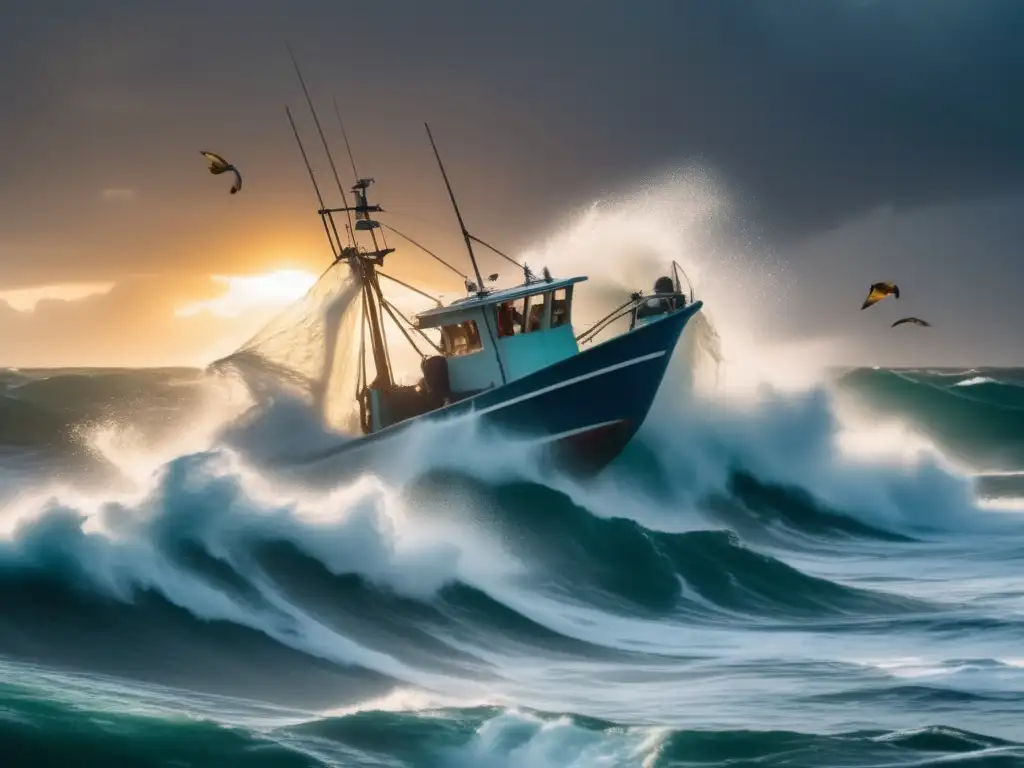
-
How do hurricanes affect the fishing industry?
Hurricanes cause disruption to fishing activities, which results in a significant loss of income for fishers. Severe hurricanes can also result in the destruction of fishing equipment, displacement of fishing communities, and long-term damage to aquatic ecosystems.
-
What happens to marine life during hurricanes?
Due to the storm's intense conditions, fish migration patterns may be disrupted, and entire aquatic ecosystems can be destroyed. Hurricane-generated debris can also pollute the ocean and pose a danger to marine animals.
-
How can fishers recover after a hurricane?
Fishers can receive federal assistance, and communities can band together to support each other during the recovery process. The adoption of sustainable fishing practices ensures that the industry remains resilient even in the face of natural disasters such as hurricanes.
-
What can individuals do to support the fishing industry during hurricane season?
Individuals can support fishers by buying locally caught seafood, advocating for sustainable fishing practices, and donating resources to aid fishers in need.
-
How can fishers prepare for hurricane season?
Fishers can prepare for hurricane season by monitoring weather reports, securing their boats and equipment, and having a disaster preparedness plan in place.
Conclusion
Hurricanes have a significant impact on the fishing industry, resulting in a loss of income for fishers and long-term damage to aquatic ecosystems. However, federal assistance, community efforts, and the adoption of sustainable fishing practices can help fishers regain financial stability and rebuild after a natural disaster. It's crucial for individuals to support the fishing industry during hurricane season by advocating for sustainable fishing practices and buying locally caught seafood. Together, we can create a more resilient fishing industry that can withstand natural disasters such as hurricanes.
Additional Resources
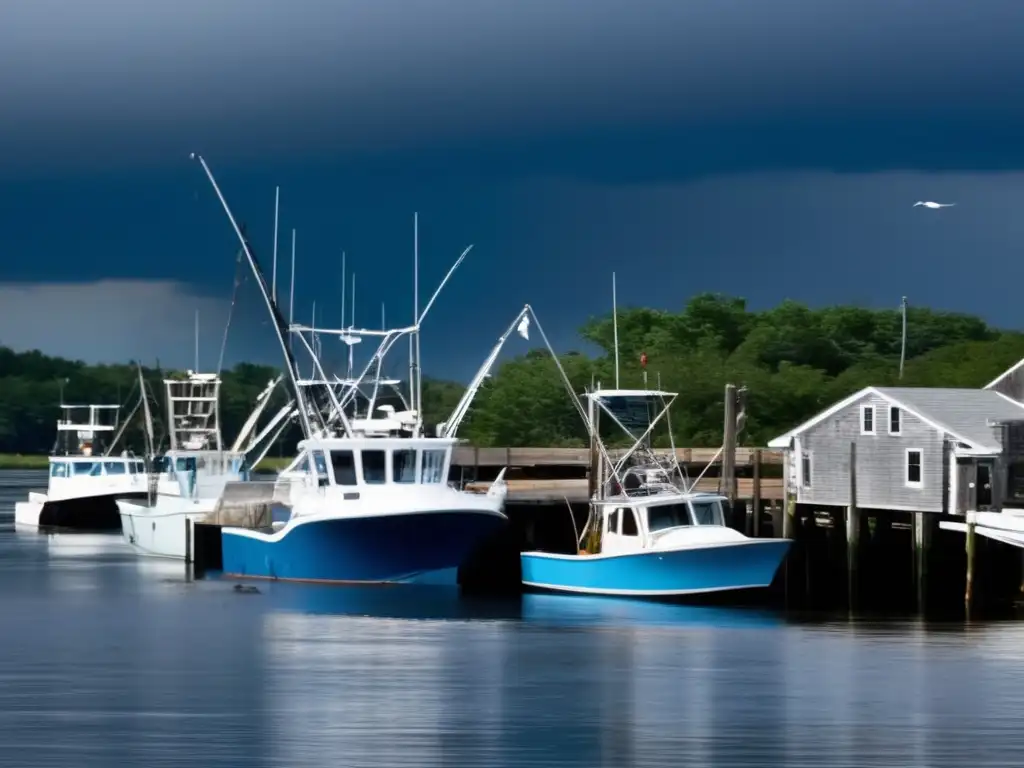
- National Oceanic and Atmospheric Administration: Fisheries after Hurricane
- National Disaster Assistance
- National Aquaculture
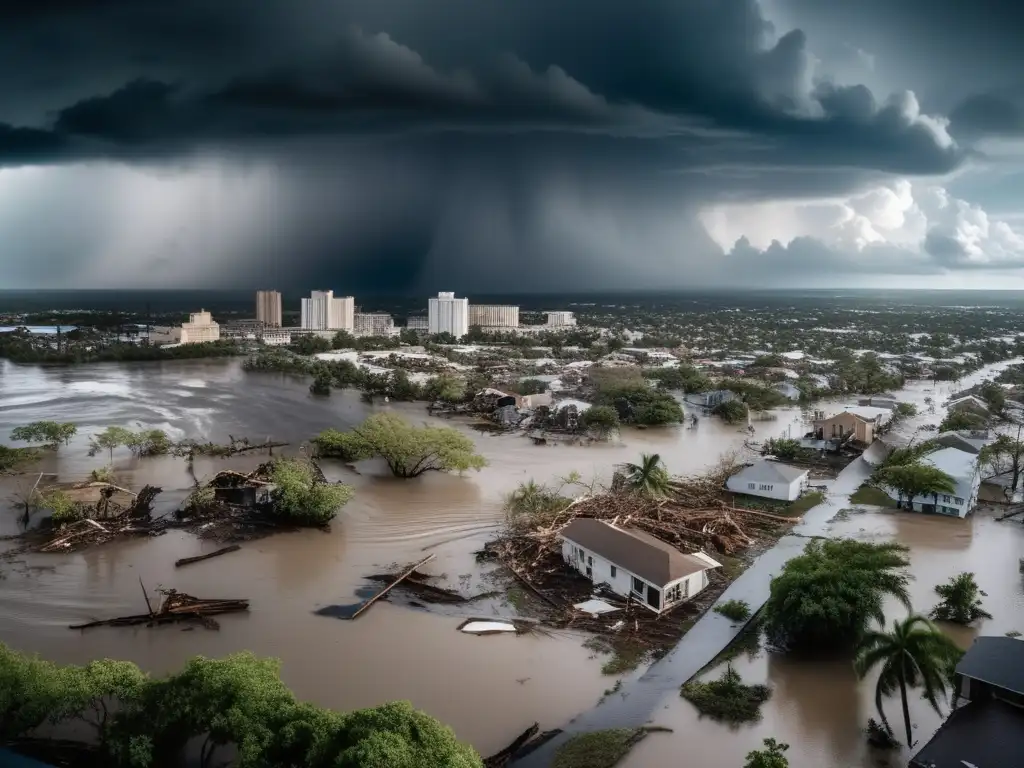 Rebuilding After The Storm: The Social Impact Of Hurricanes
Rebuilding After The Storm: The Social Impact Of Hurricanes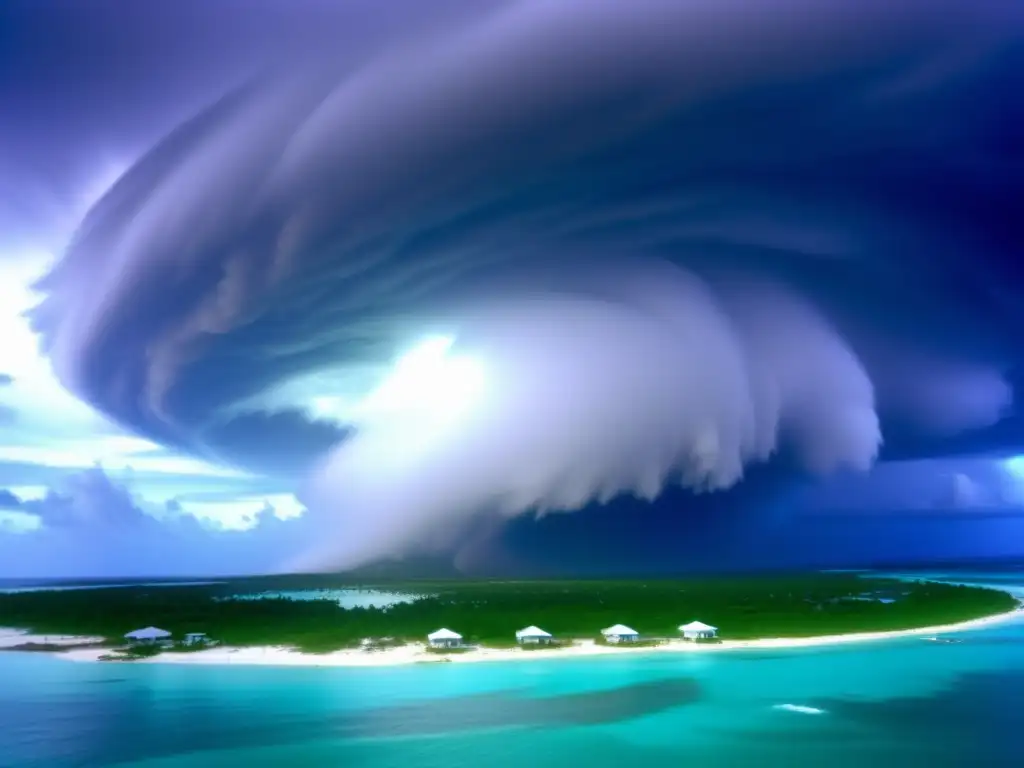 Case Study: The Meteorological History Of Hurricane Andrew
Case Study: The Meteorological History Of Hurricane Andrew Hurricanes And Tornadoes: What Sets Them Apart?
Hurricanes And Tornadoes: What Sets Them Apart?If you want to discover more articles similar to The Impact Of Hurricanes On The Fishing Industry, you can visit the Basic knowledge about hurricanes: category.
Leave a Reply

Articulos relacionados: